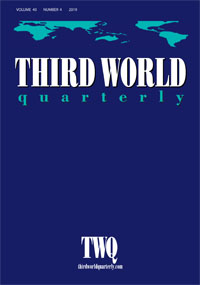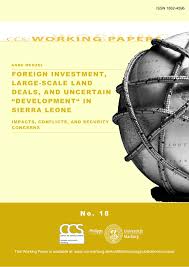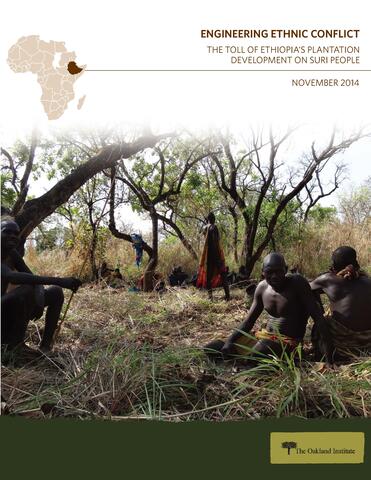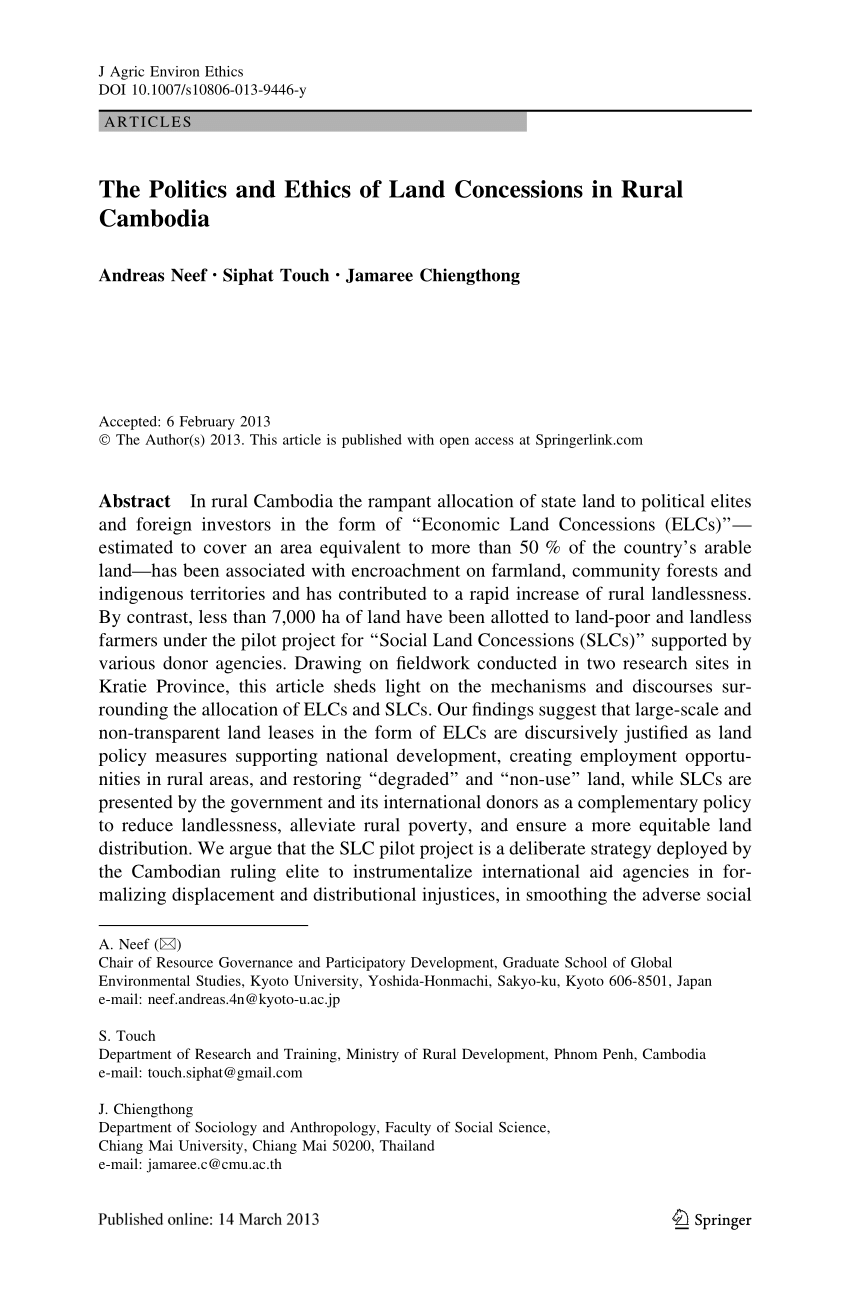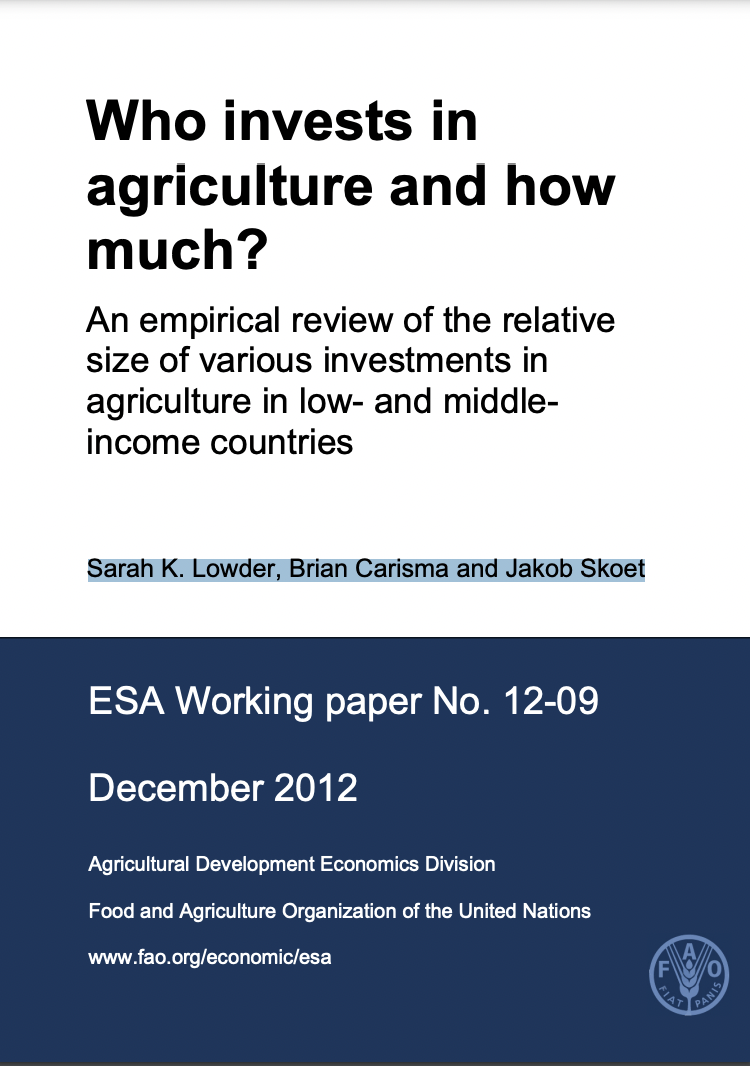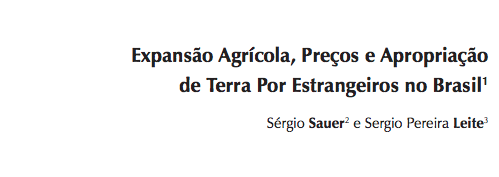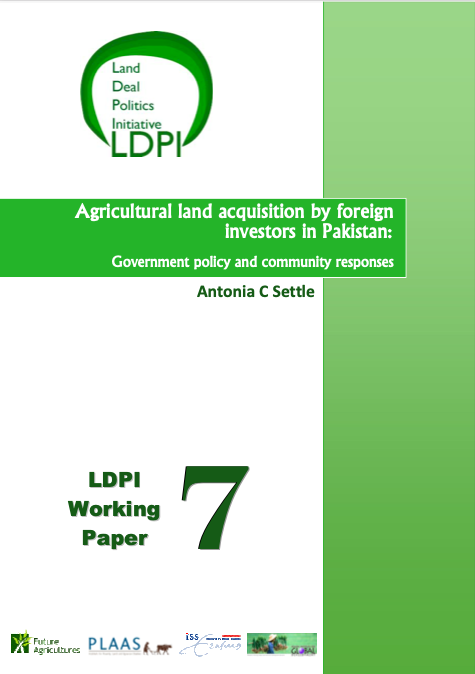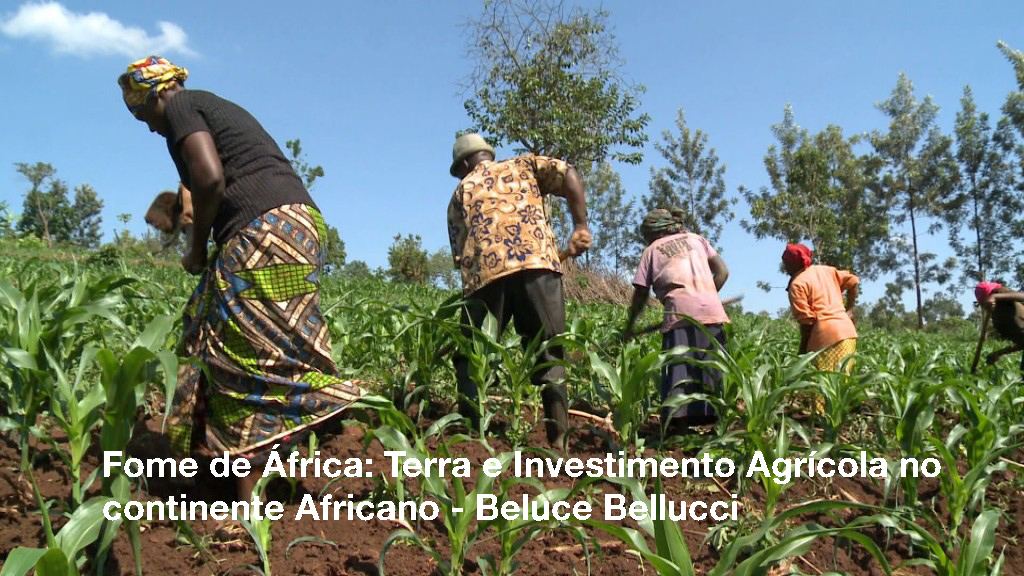Investing in peace: foreign direct investment as economic restoration in Sierra Leone?
In peace-building and transitional justice literature economic restoration is considered central to sustainable peace in post-conflict societies. However, it is also widely recognised that many post-conflict states cannot afford mechanisms to provide restoration. Not only are many such states poor to begin with, but violent conflict further degrades their economic capacity. As a result, in their need to provide jobs, generate tax revenues, spur development and promote sustainable peace, many post-conflict states turn to alternative processes of economic restoration.

